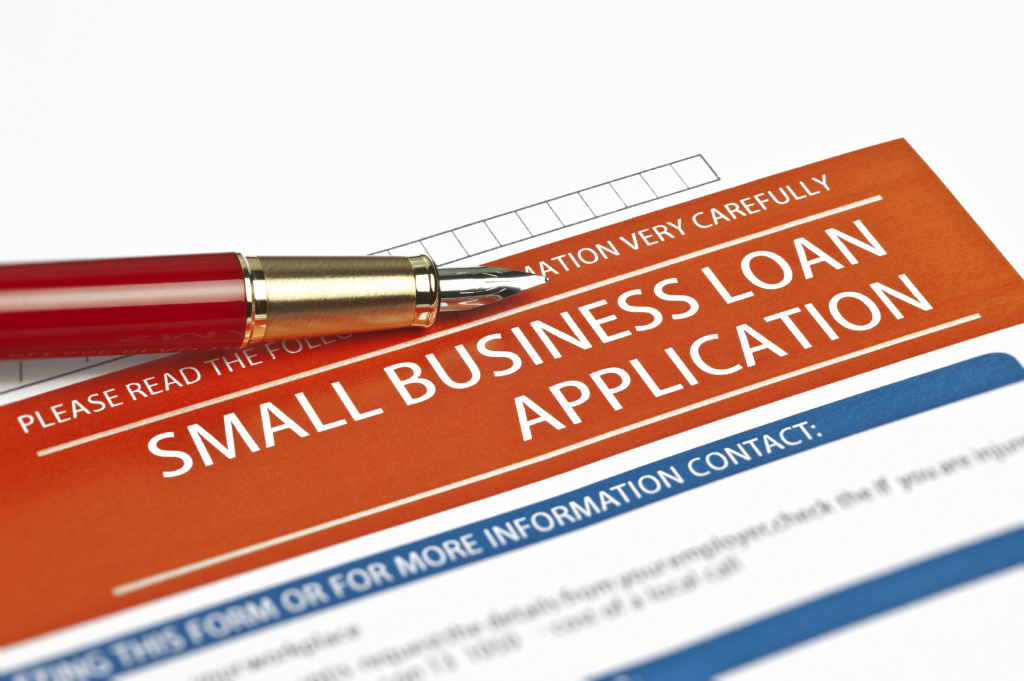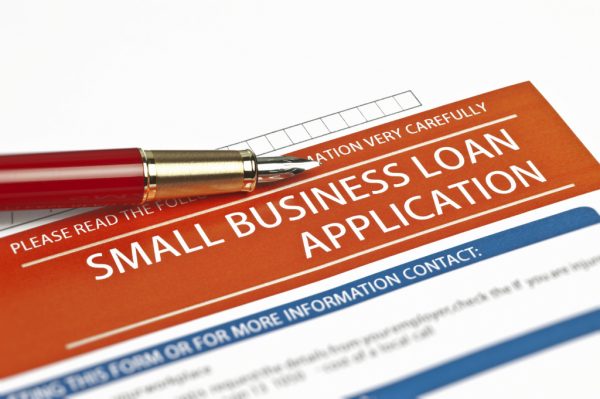Maybe you’re a risk averse, debt loathing entrepreneur. Or you could be a businessperson who isn’t troubled about taking out a big loan. Whichever of these descriptions you identify with, you’ve probably considered getting funding for your business from a lender of some sort, whether they’re formal or informal.
Banks are the traditional formal lenders in these parts, as they are elsewhere in the world. But as you may know, trying to secure a loan from then isn’t always an easy thing to do. Borrowers have to contend with high interest rates, complex paperwork, and other tough hurdles when they’re pursuing a loan from much of the formal lending economy; these things have all but discouraged many businesspeople from requesting loans from these banks.
But there’s still a lot that a bank loan could do for your business, especially when you’re in urgent need of equipment, or would like to expand your operations. And there are low interest options such as those provided by such publicly backed institutions as the Bank of Industry (BOI), and funding programs extended to businesses that need them by the Central Bank through commercial banks.
How do you know for certain that a bank loan is what your business needs? Perhaps you don’t think it’ll be good for you; maybe they’re too costly or don’t last long enough for you. It could be that you do think you need a loan for your business, because there are pressing concerns it could help address.
If you’re presently making a decision about obtaining a loan, we encourage you to take a step back (or forward, as the case may be) and think through the points we present in this article.
Important Questions you Should Answer
-
Why do you want to take a loan?
Of course, you’re not just going to tell a lender that you need a loan to start a business or expand its existing operations; you’ll have to get specific about what you’ll do with it. A concrete reason would be that you’ll require external funding to purchase equipment, or pay salaries, or cover daily running costs. And when you’re applying for a loan, you also have to tell what sort of equipment you’re looking to buy, and what daily costs the loan could help cover.
It all begins with you determining what aspects of yoir business you’d want a loan to help improve, and whether a bank loan would plug those need gaps. Given high interest rates and the possible risks associated with defaulting on a loan, you’ll want to be sure that your reasons are good (or ‘safe’) enough for the loan.
-
What kind of loans are you applying for?
The type of loan you’ll go for will depend on what your business’s needs are. If you would like to acquire new equipment, you could take an equipment loan which is specially designed for this purpose. Lines of credit are preferable for costs incurred on everyday business operations.
Know what options are available for you, and how each could apply to the issues you want them to fix.
-
Which lender should you apply to?
Find out which banks are more open to lending to businesses, and what their terms are. People who have applied for and gotten business loans from banks are likely to have useful opinions on this, as will persons who have a better-than-average knowledge of the banking industry.
Remember that there are other lenders you could access, asides the big commercial banks or microfinance institutions. These days, there’s the option of getting loans from online platforms. You could use them if your need is especially urgent, and if the amount required to meet it is relatively small.
-
Do you qualify for the loan?
Banks want to know that you’re able to return the funds you borrow from them (along with interest), and that you’ll do so within the time they stipulate. In other words, they want to know whether you are creditworthy. If they determine that you are, you’ll very likely get the loan. But if you’re not, they’ll decline your request.
What they typically look out for are how long your business has operated for, how long you’ve taken to repay previous loans, the legal status of your business, as well as its financial state at present and over time. They’ll find out these things from the documents you submit to them, as well as through their own background checks. This means you need to have the necessary documents ready when you’re applying for a loan. These will include financial statements, evidence of official registration, bank account statements and a business plan.
-
Are there any hidden fees, terms and conditions?
This is something you should be cautious of. Not many people pay attention to the fine prints or difficultly worded conditions that are sometimes attached to loans. As a result, they’re caught off guard when these additional requirements become obvious to them- often after they’ve already taken the loan.
In order to avoid taking on more than you bargain for when you’re borrowing, you should ask the bank for a comprehensive breakdown of the charges involved. Be careful to read the text on the papers you’re presented, and be sure that you understand what’s written before you agree to (sign) them.
-
Can you repay the loan (on time)?
This depends on at least three factors, all taken together: the tenure of the loan (the time within which you’re expected to repay), the loan’s interest rate, and (ultimately) the state of your finances within the period in which you are to pay back. So if you want to borrow from a bank, you should check for the interest it charges on its loans, and how long you will be allowed to go on till you repay in full. Only take the loan if you’re confident that you’ll be able to generate enough income to cover the debt.
-
Can you provide the required collateral?
We assume that you’re going to repay the loan. But in the unfortunate event that you don’t, the banks would want to hold on to something from you in its place. They take it seriously enough to make it a requirement for some of their loans. If you’re taking out a loan that has a collateral requirement attached, be certain that you can provide the guarantee to ‘back’ the loan that the banks request for.


